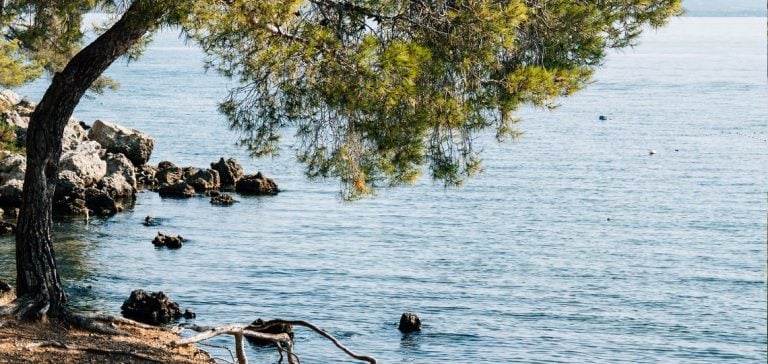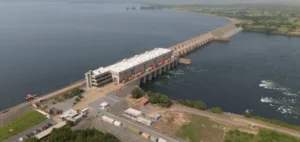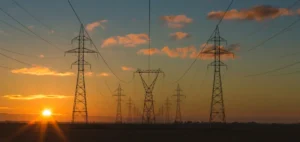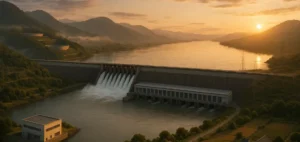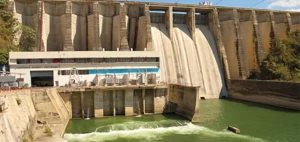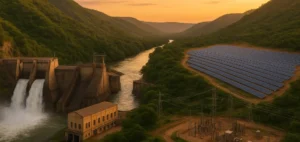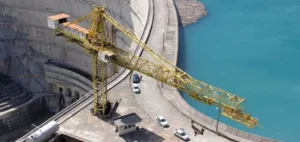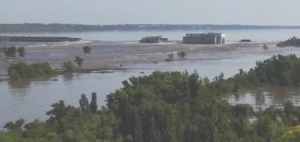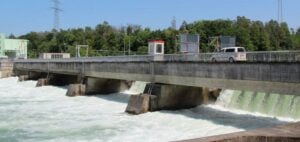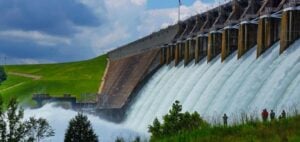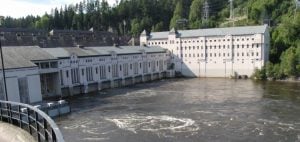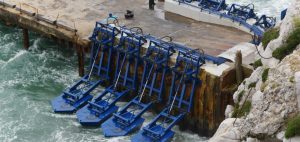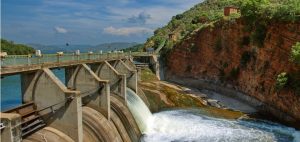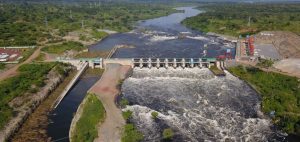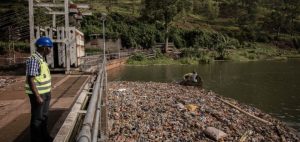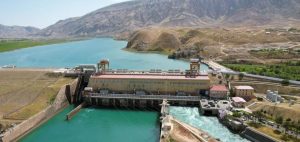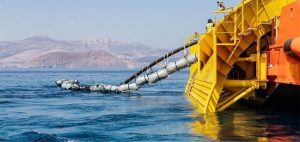Optimization of hydraulic management in Provence
EDF has been under pressure for years regarding its freshwater discharges into the Étang de Berre, an environmental issue affecting the largest Mediterranean lagoon in France. The Groupement d’intérêt public pour la réhabilitation de l’étang de Berre (Gipreb) has criticized the negative ecological impacts of the volumes of water released by EDF, causing disruptions to the local ecosystem. In response, EDF agreed to review its water discharge management and reached an agreement with the Gipreb to better distribute the volumes according to seasonal needs.
This freshwater, derived from the Durance to power a chain of the hydraulic production network in the region, ends its course in the Étang de Berre after being utilized by EDF’s hydropower installations. Discharges had already been limited to 1.2 billion m³ per year following a ruling against France by the European Court of Justice in 2004. However, their impact remains significant, especially during the summer months when the introduction of freshwater into a saline environment causes chemical imbalances that can lead to suffocation phenomena for aquatic species.
An agreement for more flexible management
The new agreement aims to adjust water volumes according to ecological needs while maintaining power production. EDF has agreed to suspend its discharges during the critical months of June, July, and August, when the risk of suffocation is highest. In return, exemptions are allowed to ensure continuity of production, especially during periods of high demand or for network security reasons.
According to Didier Khelfa, mayor of Saint-Chamas and president of the Gipreb, this more refined management approach will reduce risks to the ecosystem while meeting electricity production requirements. EDF has also committed to funding a four-year environmental monitoring program to evaluate the impact of these new measures. This program will provide detailed data on water quality trends and the status of local biodiversity.
Monitored exemptions and environmental follow-up
Despite the agreement, the regulatory framework surrounding discharges remains flexible. EDF retains the ability to adjust discharge volumes based on production needs or to ensure regional energy security. This flexibility, though necessary for a player of this scale, will need to be closely monitored by the Gipreb, which has planned continuous monitoring of discharges and environmental impacts.
Funding for the monitoring program, estimated at several million euros, is one of the key points of this agreement. The goal is to ensure that adjustments to discharges are not merely a seasonal adaptation but are part of a long-term management strategy. The results of this monitoring will determine whether additional adjustments will be needed.
Towards better valorization of freshwater
The recurring drought conditions in southern France have reignited discussions about the valorization of this freshwater released by EDF. Several alternatives have been considered with local stakeholders, including using this water for agricultural irrigation, replenishing groundwater tables, or redirecting it towards industrial circuits. Implementing such infrastructures could better utilize the resource while reducing direct discharges into the lagoon.
These solutions, still under study, represent a potential lever to meet the growing water demand in the region while mitigating tensions between power generation and natural habitat preservation. However, the complexity of the necessary infrastructure, particularly in terms of new canal construction and flow management, could slow down their implementation.

